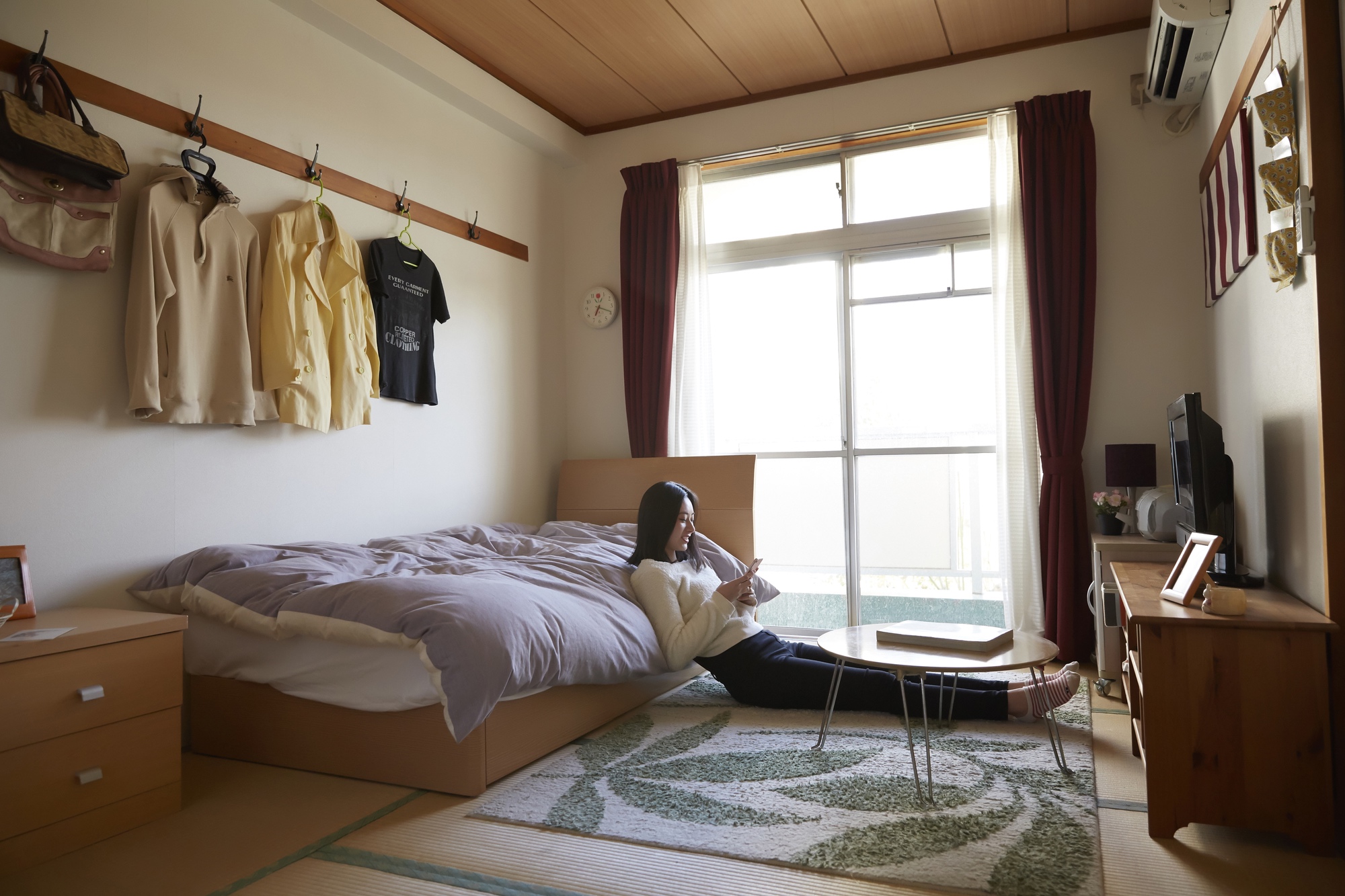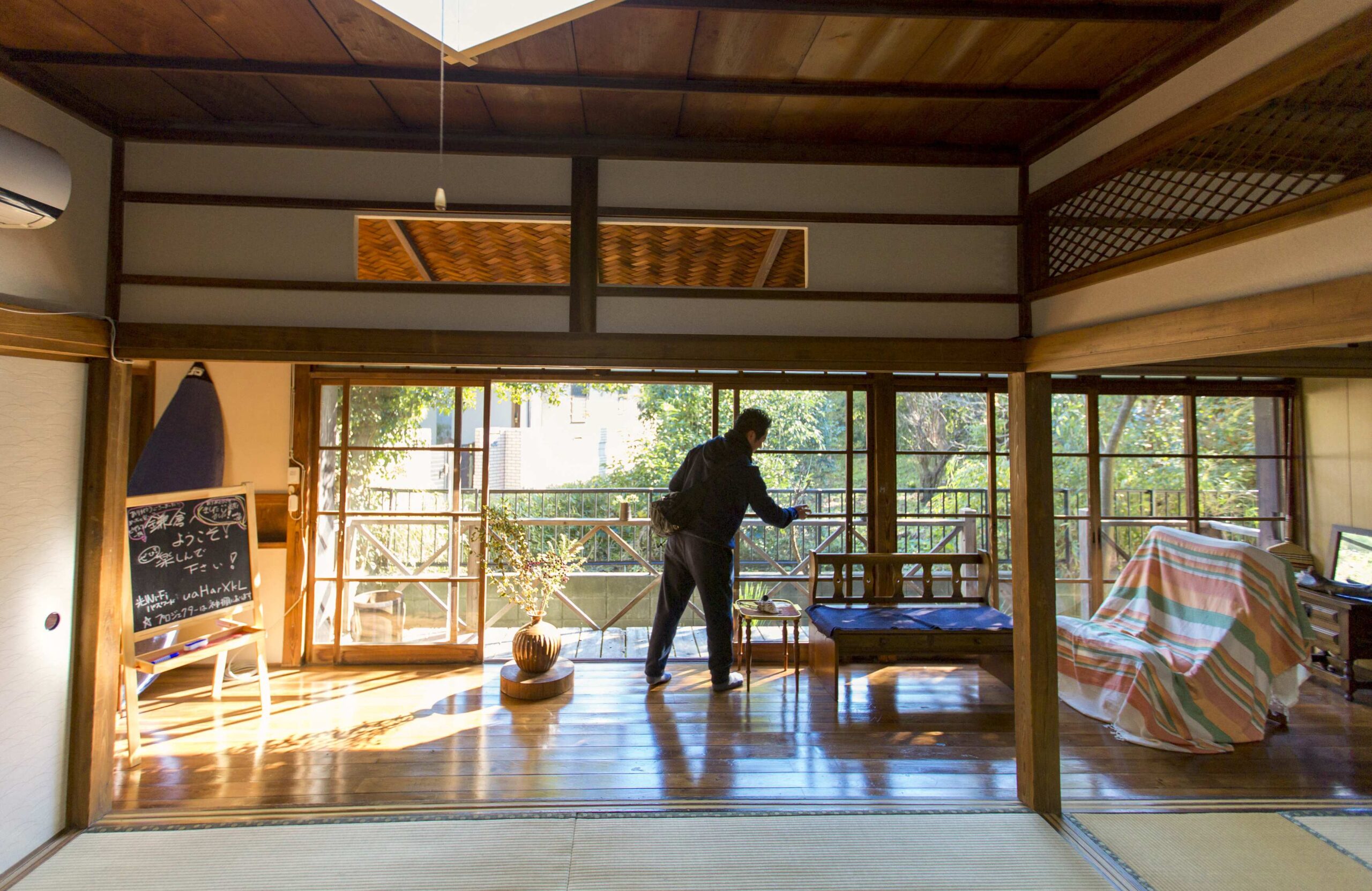When venturing into the Japanese real estate market as a potential investor or renter, understanding the intricacies of rental contracts and deposits is essential for a smooth and secure experience. Here’s what you need to know:
The standard clauses in rental agreements include Lease Duration, Rent Payment, Security Deposit, Repairs and Maintenance, and Notice Period which we cover later in this article.
An important thing to note…
Letting Agent Qualifications and Licensing
– Letting agents must be licensed under Real Estate Transaction Business Law.
– Consider licensing, experience, fees, and services when selecting an agent.
– Reputable agents are members of the Association of Real Estate Agents or Fudosan Ryutsu Keiei Kyokai (FRK).
A typical lease term in Japan is 2 years, although some agreements permit 1 year or even short-term rentals however uncommon and usually more expensive. Although the lease term of a particular unit or home can vary on multiple factors one thing to note is the difference between furnished and unfurnished rental properties; with furnished properties (equipped with furniture) typically charge higher rent prices but with shorter leases, and unfurnished properties (where the tenant provides their own furniture) may typically have reduced rent on a longer lease.
The rent payment section of a lease term specifies the amount to pay (usually monthly, in advance), the due date(s), and method of payment (cash/direct-debit/etc.). Often times it may be required to pay the landlord a reikin, or key money; a non-refundable gifting tradition left over from when there was a housing shortage in Japan, which may be one to two months rent depending on how sought after the property is. There are many historic explanations for this tradition but it is essentially a way to “keep the landlord happy” and pay respects for their hospitality.

On-top of this reikin or key money is the security deposit, or shikikin – and no, key money does not cover this at all and is an additional benefit to the landlord. This deposit is refunded to the tenant subtracting any damages or cleaning that falls outside of general wear and tear.
Major structural, electrical, plumbing, (etc.) repairs are to be handled by the landlord or property management but in almost all cases, renters are responsible for maintenance of their own utilities and tending to the property. Some landlords opt to wrap the cost of utilities and their maintenance in the price of the rent and this is outlined in the lease agreement (Genjou Kaifuku).
To terminate a rental agreement, you must inform the landlord or real estate agency in advance by a period stipulated in your contract. This is known as the termination notice. Generally, the notice must be given 1 to 2 months prior to the termination date, and some contracts require it to be in writing. Failing to submit the termination notice within the required period may incur you a penalty equivalent to one month’s rent.
Now let’s recap the main points…
1. Deposit (敷金 – Shikikin)
- Amount and Refund: Typically equivalent to two months’ rent, this deposit is refundable upon moving out if lease terms are met.
- Deductions: Costs for damages or unpaid rent may be deducted from the deposit. Cleaning fees for the next tenant are often deducted as well.
- Renovation Costs: In case of serious damage, the deposit may not cover full renovation costs, necessitating additional payments.
2. Key Money (礼金 – Reikin)
- Purpose: This is a non-refundable gift to the landlord, usually equivalent to one to two months’ rent.
- Termination Impact: Key money is not refunded if the lease is terminated early. Some properties may not require key money but might have other nonrefundable fees.
3. Restoration (原状回復 – Genjou Kaifuku)
- Responsibilities: Routine wear and tear are the renter’s responsibility. Conducting property checks during move-in and move-out is crucial to avoid disputes over restoration costs.
- Documentation: Creating checklists and taking photographs at these times can help resolve disputes effectively.

Additional Considerations:
- Contract Termination Provision: Verify the existence of clauses addressing early termination and notice periods.
- Contract Renewal: Understand the type of tenancy contract (fixed-term vs. renewable) to align with long-term investment goals.
Investors and renters alike benefit from clarity on rental contract terms and deposit procedures in Japan. This knowledge ensures rental return safety and underscores the importance of proactive property management for streamlined investment management. By adhering to guidelines and leveraging resources from relevant housing bureaus, investors can navigate the Japanese real estate market with confidence and efficiency.
Sunday. Apr 28 2024
